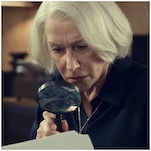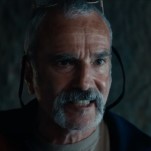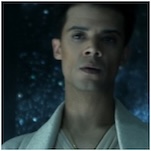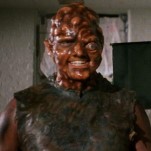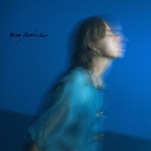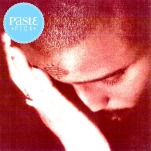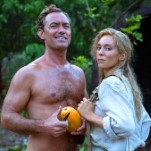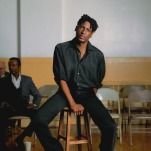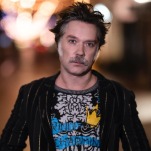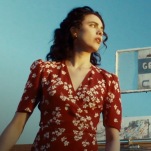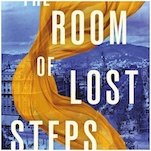TV Rewind: I Was a Teenage Alien: The Unsung Genius of Roswell
(Photo: 20th Century Fox/The WB)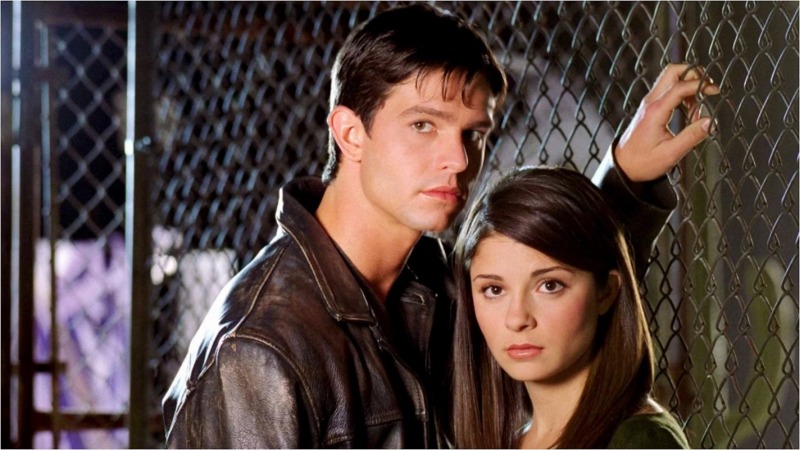
Editor’s Note: Welcome to our TV Rewind column! The Paste writers are diving into the streaming catalogue to discuss some of our favorite classic series as well as great shows we’re watching for the first time. Come relive your TV past with us, or discover what should be your next binge watch below:

Growing up in the late nineties and early aughts offered you the pick of the litter when it came to what supernatural creature you wanted for a boyfriend. Want that youthful glowiness? Try a Twilight vampire. A strong, animalistic side? Werewolves have you covered… You name it, we had it: fallen angels, demon hunters descended from angels, sexy ghosts…but aliens? In the paranormal romance and YA genres, at least, maybe not so much. An argument could be made for Clark Kent on Smallville, but he harbored no secretly ugly, extraterrestrial form beneath his perfect surface.
Enter: The WB’s Roswell, not to be confused with the aged-up CW reboot, Roswell, New Mexico, that debuted a decade later. (We will not be touching that series here.) Roswell was based on a series of YA novels, Melinda Metz’s Roswell High, and aired for three short-lived seasons from 1999 to 2002. Much like many of its predecessors and peers, Roswell did not initially seem as though it was something to be taken seriously, mixing its façade of extraterrestrial threats with quintessential teen angst and cheesy romance tropes. But this is why its first season, at the very least, is arguably some of the best television in the realm of teen dramas. Its raw moments and tender heart provided a welcome contrast with¾and eventually totally eclipsed¾its mildly corny central premise.
Liz Parker (Shiri Appleby, a true 90s, Hope Sandoval lookalike) works at her parents’ tourist trap of a restaurant in the town of Roswell, New Mexico. Her best friend, Maria DeLuca (Majandra Delfino), is also a waitress, but the pair often spend more time gossiping than they do delivering food. (I can’t blame them: the patrons at the Crashdown Café are often insufferable at best.) As avid alien enthusiasts are wont to do, a fight breaks out between two diners over a photo of a UFO, and Liz is caught in the crossfire, accidentally shot by one of the men. Before she can bleed out on the cracked linoleum floor, though, Max Evans (Jason Behr), a shy boy from her high school who just so happens to be walking by the café, rushes in to save her. No mere boy, but secretly an alien, he harbors convenient healing powers, although he disappears immediately afterward, anxious after exposing his own secret.
Max and Liz inevitably begin to fall for each other; she’s intrigued by this strange boy who saves her life in a true act of altruism, and then seemingly wants nothing to do with her. Maria, along with their other best friend, Alex Whitman (an unexpected recurring role by nepo baby Colin Hanks) is determined to uncover the mystery behind how Liz not only survived, but healed so miraculously fast. And thus, the first season unfolds. Max and Liz’s budding relationship grows hot with the looming threat of forbidden love, not only because Max is an alien, but also because Liz is coveted by the most popular boy in school (the sheriff’s son, Kyle Valenti, played by Nick Wechsler). Max’s sister and best friend, Michael (Brendan Fehr) and Isabel (Katherine Heigl), also play key roles, frequently butting heads with Maria and Alex in their quest to keep their alien identities a secret.
-

-

-

-

-

-

-

-

-

-

-

-

-

-

-

-

-

-

-

-

-

-

-

-

-

-

-

-

-

-

-

-

-

-

-

-

-

-

-

-













